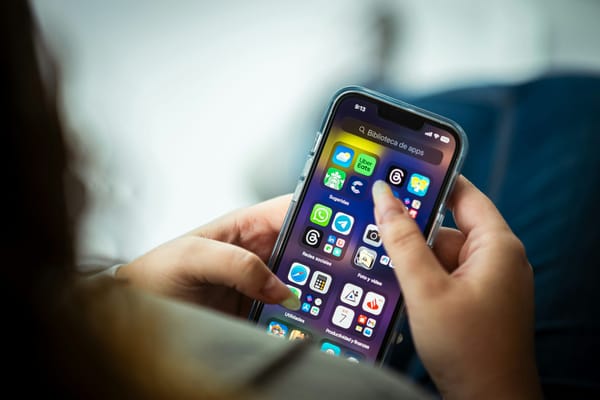AI Chatbot Added to Mushroom Foraging Facebook Group Immediately Gives Tips for Cooking Dangerous Mushroom

I haven’t owned a cellphone since around 2017. For years I used an iPod Touch to send emails or encrypted text messages. When Apple discontinued that iPod in 2022, I moved to a WiFi-only iPad Mini, which requires me to either carry a small bag or a jacket with pockets that can fit the not-so-mini communications device.
This was an extreme way to live in the previous decade, and arguably it’s even more extreme in 2024. But every time I inch closer to finally buying a phone, some cybersecurity incident happens that reminds me why I made this radical choice: telecoms and data brokers selling location data to bounty hunters or other third parties; hackers (repeatedly) stealing peoples’ sensitive personal information from T-Mobile; stalkers tricking Verizon into handing over a target’s address by haphazardly posing as a cop; and AT&T storing the call and text metadata of “nearly all” of its customers inside a Snowflake instance that young, reckless hackers gained access to.



